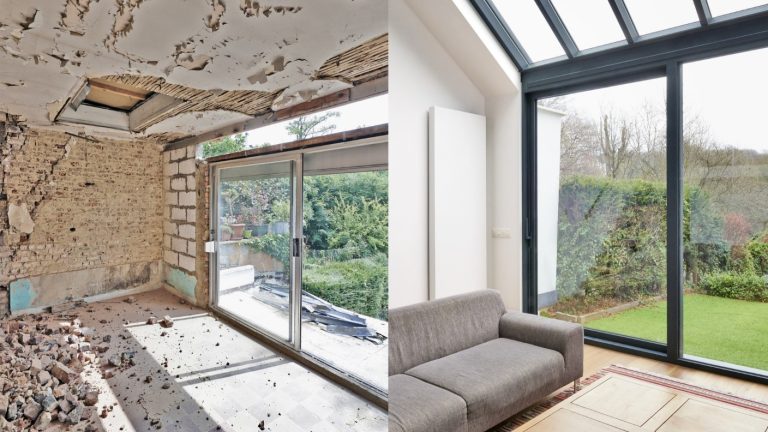Buying a property is a significant investment, and ensuring that it meets your expectations and standards is crucial. Property inspection plays a vital role in this process, helping you make informed decisions about your potential new home. In this ultimate guide to property inspection, we’ll cover everything buyers need to know to make the most out of this critical phase in the home-buying journey.
Understanding the Purpose of Inspection:
Property inspections serve as a comprehensive assessment of a home’s condition. They aim to identify any existing or potential issues that might impact the property’s value, safety, or livability. Buyers can use this information to negotiate repairs or adjustments to the sale price.
Hiring a Qualified Inspector:
Selecting a qualified and experienced home inspector is paramount. Look for professionals with relevant certifications and memberships in recognized inspection associations. Additionally, consider recommendations from friends, family, or your real estate agent to find a trustworthy inspector.
What Inspectors Check:
Inspectors evaluate various aspects of a property, including its structural integrity, electrical systems, plumbing, roofing, insulation, and more. They focus on both visible and hidden issues, ensuring a thorough examination of the entire home.
Attend the Inspection:
While not mandatory, attending the inspection is highly recommended. This gives you the opportunity to ask questions, seek clarification on any concerns, and gain a deeper understanding of the property’s condition. It’s a valuable learning experience that can aid you in making informed decisions.
Ask for a Detailed Report:
A comprehensive inspection report is essential. It should include detailed information about the property’s condition, including any areas that require attention or repair. Use this report to prioritize your concerns and negotiate with the seller if necessary.
Common Issues to Look For:
Be aware of common issues that may arise during an inspection. These include structural problems, water damage, electrical issues, plumbing concerns, and issues related to the heating, ventilation, and air conditioning (HVAC) systems. Understanding these potential pitfalls will help you interpret the inspection report more effectively.
Negotiation Based on Inspection Findings:
Armed with the inspection report, you may enter into negotiations with the seller. If significant issues are identified, you can request repairs, a reduction in the sale price, or credits to cover the cost of future repairs. Negotiation is a crucial step to ensure a fair deal for both parties.
Consider the Long-Term:
While some issues may be minor and easily fixable, others could have long-term consequences. Consider the long-term implications of the property’s condition and factor these into your decision-making process. This is particularly important if you’re planning to stay in the property for an extended period.
Be Prepared for Unforeseen Issues:
No property is perfect, and even new builds may have issues that surface during an inspection. Be mentally prepared for unexpected findings, and don’t let minor issues overshadow the overall value of the property. Focus on addressing critical concerns that could impact your quality of life or the property’s resale value.
Re-inspection:
If repairs are agreed upon, consider scheduling a re-inspection to ensure that the necessary work has been completed to your satisfaction. This step provides peace of mind and ensures that the property meets your standards before finalizing the purchase.
Conclusion:
Property inspection is a crucial step in the home-buying process, offering buyers a comprehensive understanding of the property’s condition. Armed with this knowledge, you can make informed decisions, negotiate effectively, and ensure that your new home is a sound and secure investment. By following this ultimate guide, you’ll be well-equipped to navigate the property inspection phase with confidence. Happy house hunting!











